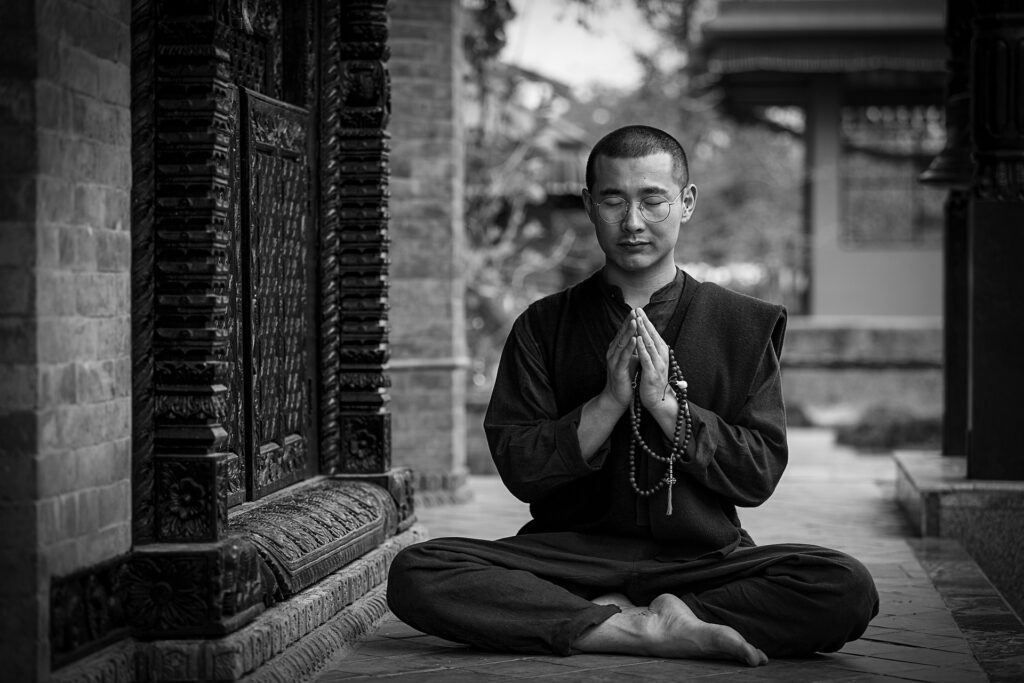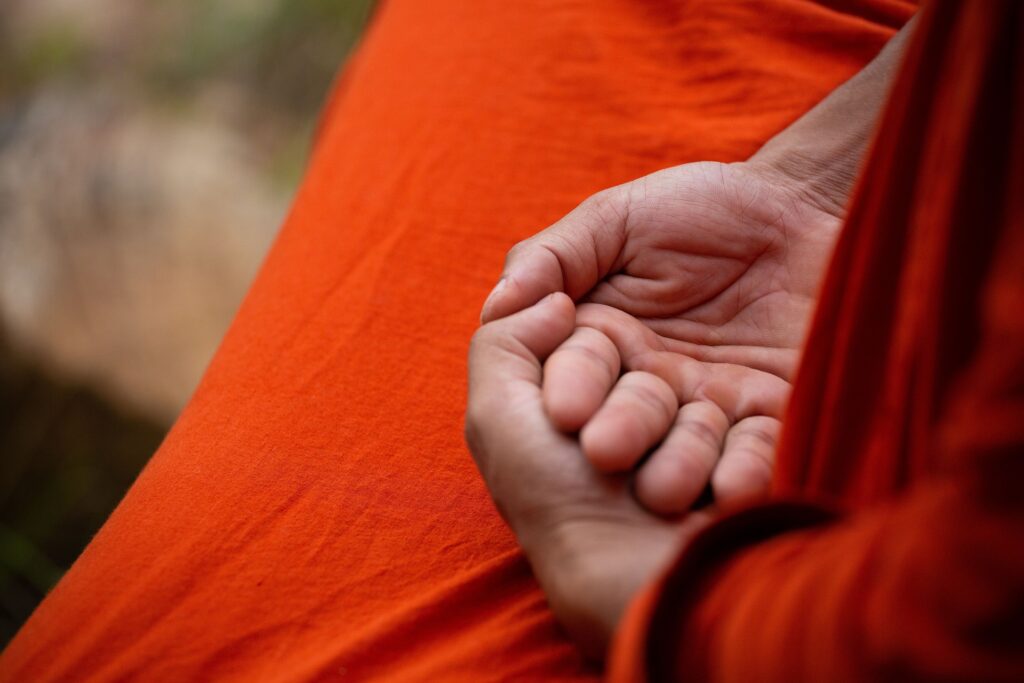
Guided meditation for deep sleep can be an important part of the nighttime routine if you struggle with insomnia or waking up in the middle of the night. These relaxing sleep-inducing exercises are proven to help you fall asleep quicker, stay asleep longer, and feel more refreshed in the morning. Guided meditation for deep sleep is something that can really help you in your day to day life.
Guided meditation can improve your overall sleep quality
The right guided meditation can improve your overall sleep quality and lead to better sleep hygiene. It also can decrease ruminating thoughts, anxiety, and stress that interfere with your ability to sleep.
Meditation can be practiced in a number of ways, but sleep-guided meditations typically focus on mindfulness strategies. These include focusing on the breath, body sensations, and the environment. Mindfulness is a state of awareness that’s present in the moment and focused on what you’re thinking, feeling, and doing.
Breathing exercise: This is a common element of sleep-guided meditations, and it involves slowly breathing in and out. When you slow your breathing down, it triggers a relaxation response in the body and sends a message to the brain that it’s time for sleep.
Body scan: This is a common mindfulness strategy that helps you calm your anxious thoughts and relax your body. The practice is known as yoga nidra, and it’s a great way to prepare for a good night’s sleep.
Your First Bedtime Meditation: There is a short sleep-inducing video by The Honest Guys is a great place to start if you’re looking for something new and soothing. Its calming music and voice will gently ease you into a state of blissful relaxation, and it’s a good way to get used to meditating before bedtime.
Meditation to fall asleep fast
There are a variety of ways to meditate for sleep, including mindfulness meditation and body scan meditation. Both of these methods involve focusing on your breathing and noticing thoughts or sensations as they arise. When you notice that your mind wanders, gently bring it back to your breath or focus subject to stay in the moment.
Mindfulness Meditation
The most effective mindfulness meditation is one that allows you to simply observe the world around you and your thoughts without trying to analyze them or change them. For example, in a mindfulness meditation you can choose to focus on a sound, word, or picture that helps calm your mind. You may also want to try a body scan, which involves scanning your whole body for heaviness, movement, vibrations, or heat.
These meditations are designed to calm your restless mind and allow you to drift off into a deep sleep. They use progressive relaxation, body awareness, and positive affirmations to reduce anxiety and promote a restful night’s sleep.
4-7-8 Breathing Method
This technique uses controlled breathing to promote relaxation and send a message of safety to your nervous system. It is especially helpful for those who have trouble falling asleep or awakening during the night.
A Relaxing Guided Meditation Using Your Breath to Calm the Mind
This guided meditation is just 11 minutes long and utilizes a few quick techniques to calm your mind. Its slow pace and soothing voice are effective at calming the restless mind so that you can fall asleep quickly.
The best meditation for sleep and anxiety
Meditation is a great way to relieve stress and calm your body. It’s also a key part of a healthy sleep routine and can help you fall asleep quickly, stay asleep longer, and wake up feeling refreshed.
The best meditation for sleep and anxiety is one that targets negative thoughts and emotions that may be causing insomnia or other problems. Mindfulness meditation, for example, teaches you to be present in the moment and experience your feelings without judgment.
In addition, mindfulness meditation can help decrease the intensity of brain waves that cause anxiety and increase levels of melatonin, which promotes restful sleep. Research also shows that meditation can reduce daytime impairment associated with insomnia, helping people get a full night’s sleep.
Guided meditation is a form of meditation that involves listening to an audio recording that guides a person’s thoughts during a meditation session. These recordings often use techniques like deep breathing and progressive muscle relaxation.
You can also find free guided meditations on websites and apps. Listen to a few and try them out until you find one that feels comfortable and soothes your nervous system.

If you haven’t tried meditating before, it can be difficult to know where to begin. The best place to start is by listening to a meditation recorded by someone with a soothing voice.
Many meditation apps and websites have thousands of free guided meditations available. These are usually short, easy to follow, and will help you relax and drift off to sleep with no trouble. Some also include a sleep coach who can guide you through the meditation process as well.
Relaxing sleep meditation
Relaxing sleep meditation techniques are designed to help you reduce stress and prepare your mind and body for sleep. This helps you get a better night’s rest, which can help you feel more refreshed and alert in the morning.
Some methods of relaxing sleep meditation involve listening to the voice of a meditation instructor who guides you into a meditative state. Others use a combination of audio and visuals to help you focus on relaxation techniques, breathing exercises, and visualizations that can help you sleep.
The most popular types of sleep meditation
Guided meditations are one of the most popular types of sleep meditation. They can be found through live or recorded classes, books, podcasts, and video streaming platforms.
This type of meditation focuses on slowing your breath to stimulate the vagus nerve, which is responsible for lowering heart rate and blood pressure. Studies have shown that this kind of breathing can promote relaxation in the body and enhance deep sleep.
Body scan meditations are another sleep-focused technique that involves focusing on your body in the present moment. This can be done by noticing the sensations of your breath and how each part of your body feels, starting with your toes.
Appreciation meditations and loving kindness meditations also encourage you to focus on your body and the good things in life. These meditations can be used to help you feel more grateful for what you have, which can improve your sleep quality and increase feelings of calmness.
If you liked the article, please donate!
